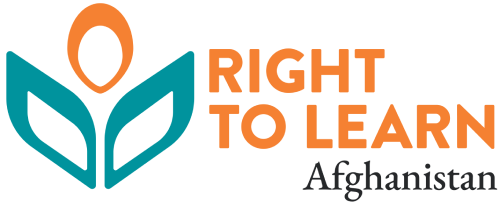It has been three years since the Taliban seized power in Afghanistan – three long years of millions of dreams being demolished, three years of hope being caged, and three years of erasing the identity of millions of women.
As I reflect on these three years, I imagine a little girl who will be born in Afghanistan. She is talented, ambitious, and full of life and creativity. But with a very different and frightening life about to unfold – a life where her talents may go unrecognized, her identity overshadowed, and her ambitions stifled. A future where her wings are going to be caged while her brother learns how to fly. This saddens my heart because this is a harsh reality that she may live in.
The past three years in Afghanistan under Taliban rule have been a tragic reality for millions of women who have lost their jobs, and their rights to attend school and university, play sports, and participate in government. Meanwhile, over these past three years, women in Afghanistan have continued to endure significant mental and emotional challenges. From being forced into child and forced marriages to enduring severe domestic and systemic violence without adequate legal recourse or support.
“The world must stand with the women of Afghanistan, whether it is by amplifying their voices, involving them and their rights in policies or providing them with education and employment opportunities.”
Muzhda Akbari
What we must understand from the situation of women in Afghanistan in these past three years is that, empowering Afghan women is not just a choice, but a moral imperative for humanity and we must recognize that women in Afghanistan are facing gender apartheid. To combat this, a united and comprehensive movement is essential to advocate for the rights and well-being of Afghan women. Therefore, the Taliban’s Gender Apartheid must be considered a crime against humanity and the world must stand with the women of Afghanistan, whether it is by amplifying their voices, involving them and their rights in policies or providing them with education and employment opportunities.
Lastly, we must not forget that Afghan women are not just victims, they are warriors.

